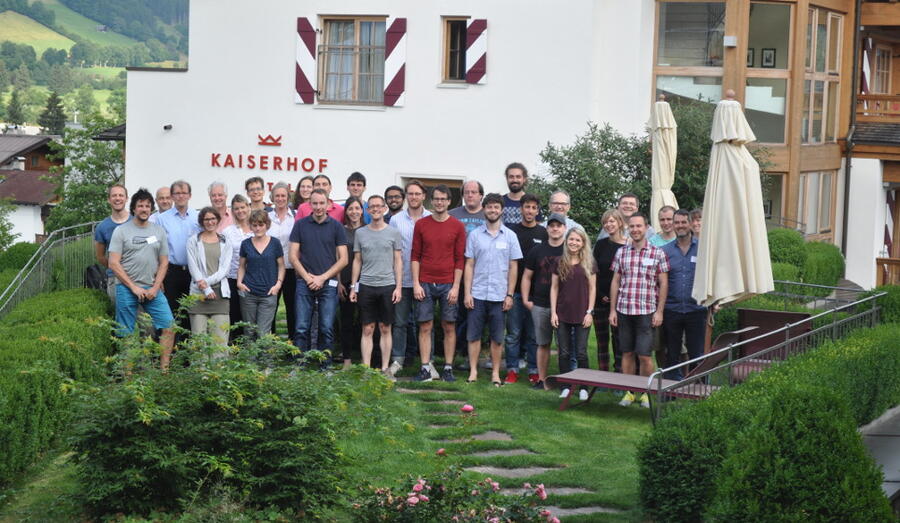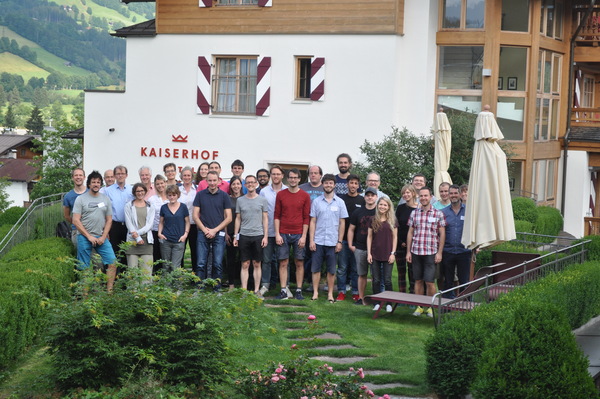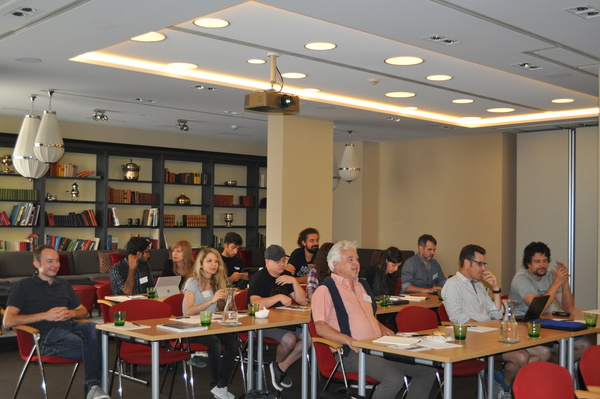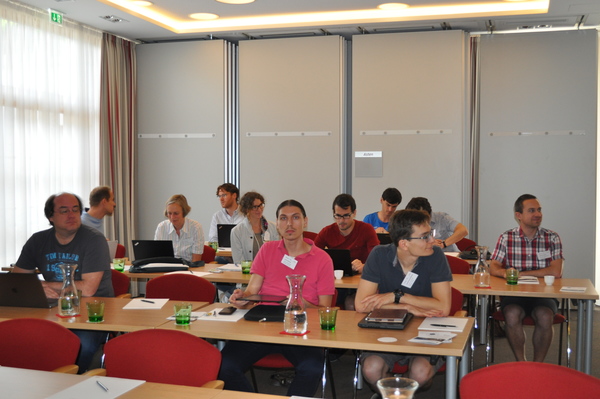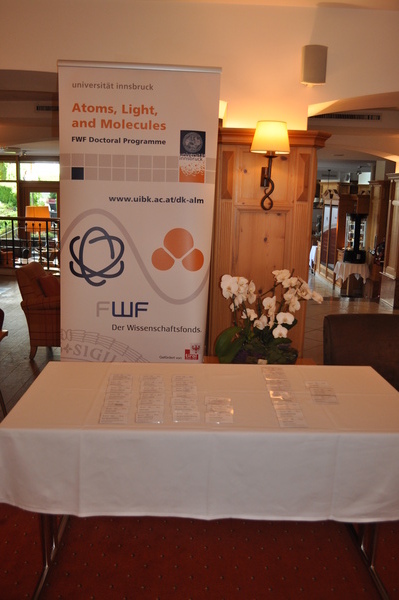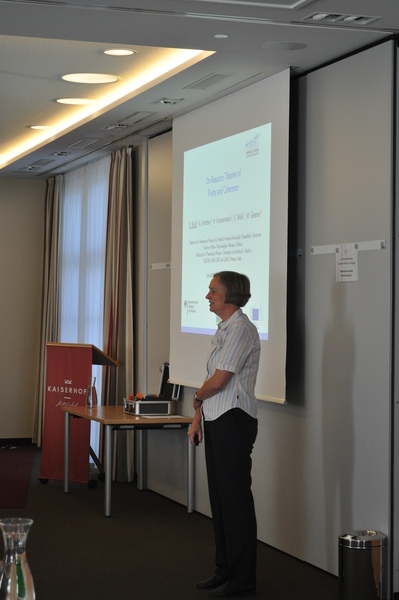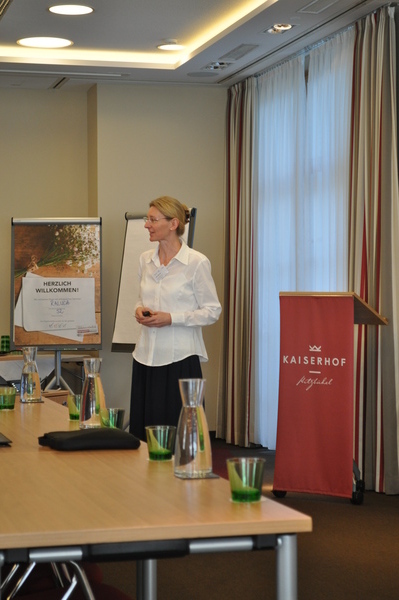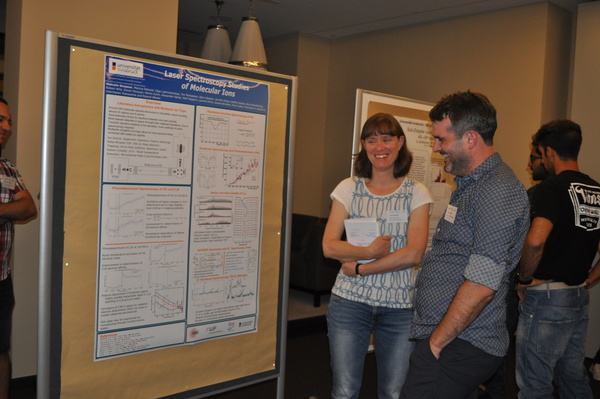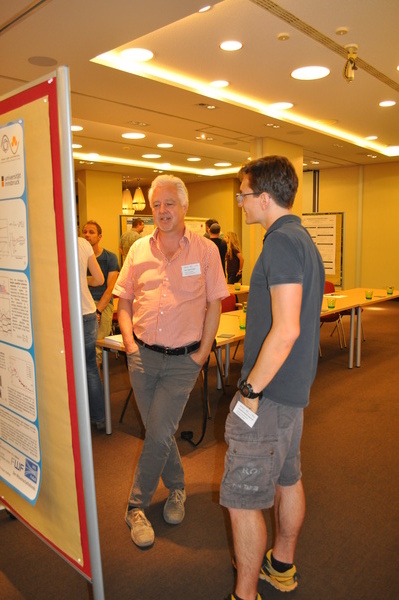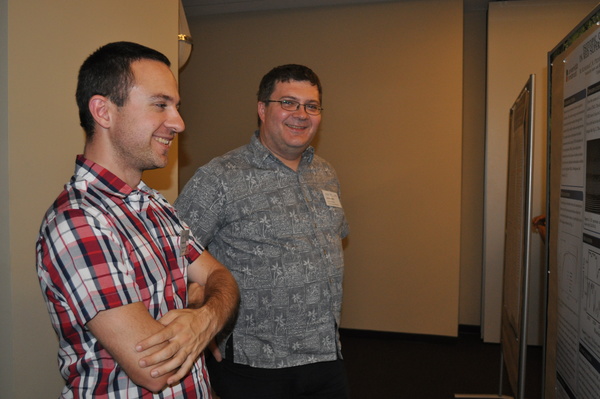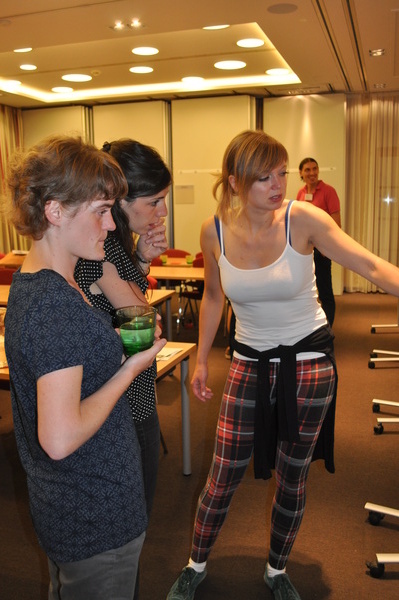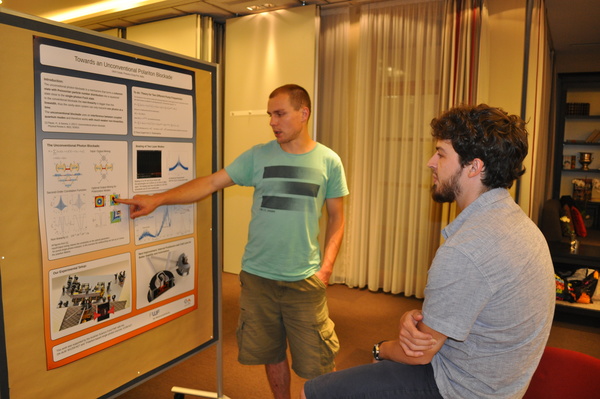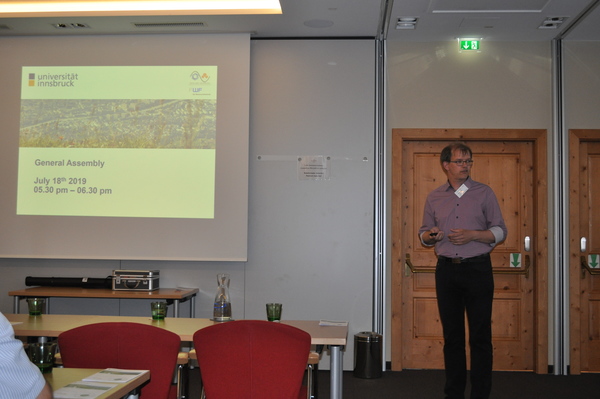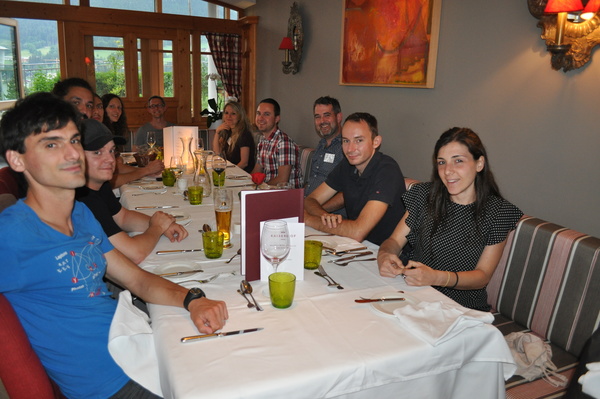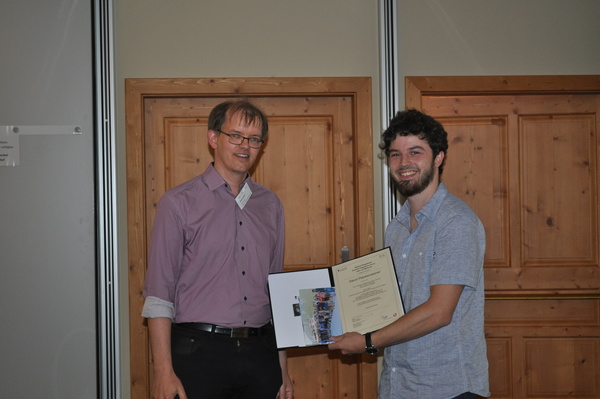Invited plenary speakers
Dagmar Bruss, Universität Düsseldorf
On resource theories of purity and coherence
Resource theories are an elegant tool for the quantification of quantum resources. The resource theory of quantum coherence studies the off-diagonal elements of a density matrix in a distinguished basis, whereas the resource theory of purity studies all deviations from the maximally mixed state. A direct connection between the two resource theories is established by identifying purity as the maximal coherence which is achievable by unitary operations. The states that saturate this maximum form a family of maximally coherent mixed states. Furthermore, purity bounds the maximal amount of entanglement and discord that can be generated by unitary operations, thus demonstrating that purity is the most elementary resource for quantum information processing.
Ruth Signorell, ETH Zürich, Physical Chemistry Lab
Spectroscopy of submicron-sized droplets
Submicron-sized aerosol droplets are involved in a multitude of atmospheric processes. Yet, their transient character makes their characterization difficult, even under controlled laboratory conditions. The lecture describes new experimental approaches targeted at a better fundamental understanding of the formation, structure, and photochemistry of submicron-sized aerosol particles. For example, photoemission experiments with submicron droplets allow us to describe transport properties of electrons, while single droplet photoacoustic studies reveal pronounced finite-size effects in the photokinetics.
Simon Cornish, Durham University, Department of Physics
Assembling Ultracold Molecules for Quantum Simulations
Ultracold polar molecules offer many potential applications in quantum science owing to their rich internal structure, long-range dipole-dipole interactions and strong coupling to applied electric and microwave fields. However, these exciting properties lead to significant new challenges, particularly with regard to cooling and controlling molecules. This talk will describe how ultracold molecules can be assembled from ultracold atomic gases, circumventing the problem of cooling, and will present on-going experiments focussed on developing full quantum control of the molecules for applications in quantum simulation.
Location
The workshop took place at the
Hotel Kaiserhof in Kitzbühel, Tyrol
from July 16th to 19th 2019.
https://kitz.hotel-kaiserhof.at/
